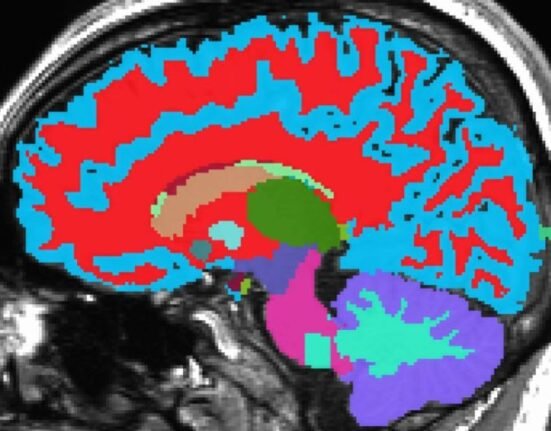HQ Team
February 13, 2023: Too much salt in your diet may be bad for your blood pressure and the cardiovascular system, but global research done by a team of scientists in Belgium and Germany revealed it is also harmful to the immune system.
Researchers at the VIB Center for Inflammation Research and Hasselt University in Belgium and the Max Delbrück Center in Germany said salt could disrupt key immune regulators called regulatory T cells by impairing their energy metabolism.
The findings may provide new avenues for exploring the development of autoimmune and cardiovascular diseases.
Regulatory T cells, also known as Tregs, are an essential part of the adaptive immune system. They are responsible for maintaining the balance between normal function and unwanted excessive inflammation.
Tregs are called the “immune police” because they keep the bad guys like autoreactive immune cells at bay and ensure that immune responses happen controlled without harming the host organism.
Multiple sclerosis
Scientists believe that the deregulation of Tregs is linked to developing autoimmune diseases like multiple sclerosis. Recent research has identified problems in the mitochondrial function of Tregs in patients with autoimmunity, yet the contributing factors remain elusive.
“Considering our previous findings of salt affecting the mitochondrial function of monocytes and macrophages as well as the new observations on mitochondria in Tregs from autoimmune patients, we were wondering if sodium might elicit similar issues in Tregs of healthy volunteers,” said Prof Dominik Muller at the Max Delbruck Center for Molecular Medicine in Berlin.
Previous research has also shown that excess salt could impact Treg function by inducing an autoimmune-like phenotype. In other words, too much salt makes the Treg cells look like those involved in autoimmune conditions. However, how sodium precisely impairs Treg function had not yet been uncovered.
Excessive salt in our diet can negatively affect the metabolism and energy balance in certain types of innate immune cells called monocytes and macrophages and stop them from working correctly, according to previous studies by researchers.
They proved that salt triggers malfunctions in the mitochondria, the power plants of our cells. The research groups then looked into whether excessive salt intake might create a similar problem in adaptive immune cells like regulatory T cells.
Sodium alters Tregs function
The new study has discovered that sodium disrupts Treg function by altering cellular metabolism through interfering with mitochondrial energy generation.
This mitochondrial problem is the initial step in how salt modifies Treg function, leading to changes in gene expression that show similarities to dysfunctional Tregs in autoimmune conditions.
Even a short-term disruption of mitochondrial function had long-lasting consequences for the fitness and immune-regulating capacity of Tregs in various experimental models.
The new findings suggest that sodium may be a factor that could contribute to Treg dysfunction, potentially playing a role in different diseases. However, this needs to be confirmed in further studies.
“The better understanding of factors and underlying molecular mechanisms contributing to Treg dysfunction in autoimmunity is an important question in the field,” said Prof Markus Kleinewietfeld at the VIB Center for Inflammation Research and Hasselt University in Belgium.
“Since Tregs also play a role in diseases such as cancer or cardiovascular disease, the further exploration of such sodium-elicited effects may offer novel strategies for altering Treg function in different types of diseases,” said Kleinewietfeld. “
“However, future studies are needed to understand the molecular mechanisms in more detail and to clarify their potential relationship to disease.”








